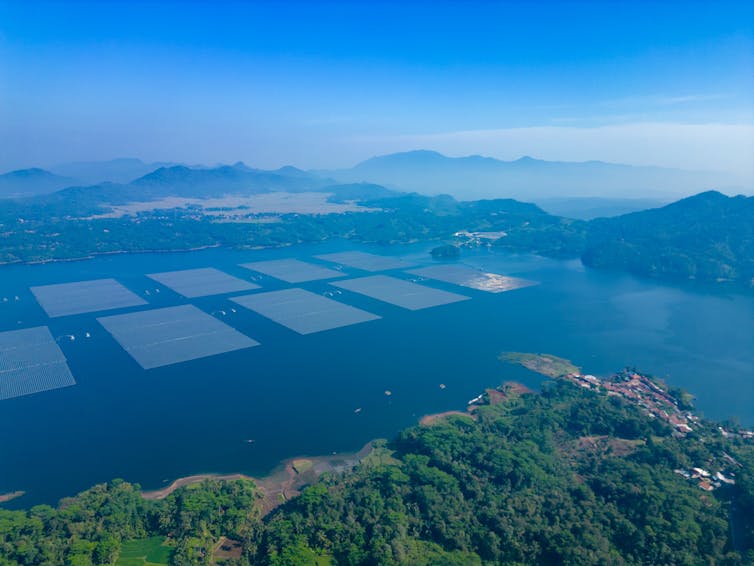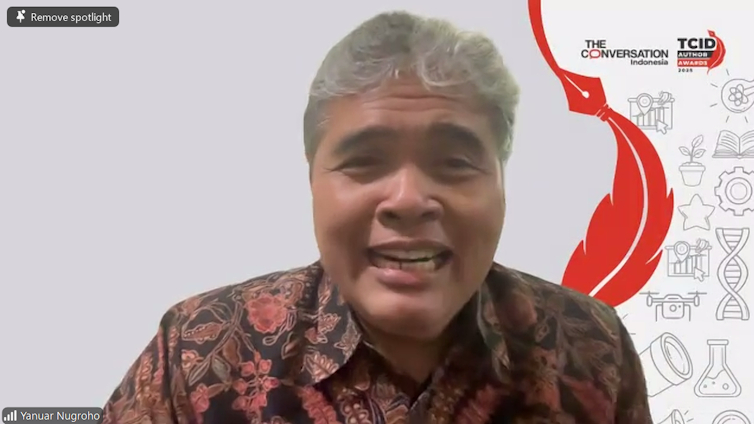In late June 2020, 99 Rohingya asylum seekers arrived by boat on the coast of the Indonesian province of Aceh, having been stranded at sea for more than 120 days.
As authorities deliberated about whether to allow the asylum seekers to disembark, locals from nearby fishing villages took the initiative. They helped the Rohingya – mostly women and children – to safety.
“Everywhere they reject us, only in Aceh do they accept us”, one Rohingya man said once on land.
A United Nations (UN) spokesperson said in 2009 that the Rohingya were “probably the most friendless people in the world”.
Even Malaysia, which previously tolerated the arrival of tens of thousands of Rohingya asylum seekers and criticised Myanmar’s persecution of the mostly Muslim minority, now claims it is “unfairly expected” to assist Rohingya refugees amid a climate of xenophobia fuelled by the COVID-19 pandemic.
Other Southeast Asian neighbours are equally reluctant to help.
Indonesia’s foreign ministry confirmed as of late July that all the asylum seekers had been registered with the UN refugee agency (UNHCR) and were receiving humanitarian assistance. They were moved from an abandoned immigration facility to a long-term shelter.
There the Rohingya have continued to enjoy warm hospitality from locals. They even participated in festivities to mark the 75th anniversary of Indonesia’s independence.
There are several explanations for why Acehnese people continue to accept refugees when others reject them.
Baca juga: Myanmar's election, the Rohingya crisis and the road to democracy
Explaining Acehnese exceptionalism
First, the most common explanation is Islamic solidarity.
In Aceh, 98% of people identify as Muslim. Being Acehnese is virtually synonymous with being Muslim.
Although the motivation for Acehnese people to help other Muslims may appear a persuasive explanation, it does not account for their generosity towards non-Muslim refugees.
For example, in 2016, locals in Aceh assisted Hindu Tamil asylum seekers from Sri Lanka.
Second, Aceh’s system of customary maritime law, known as Panglima Laot, obliges all fishermen in Aceh to help people in distress at sea.
The Panglima Laot system has existed since at least the 17th century.
As with other customary law in Aceh, Panglima Laot is based upon Islamic Sharia. It governs all aspects of fisheries as well as village life in coastal communities.
Aceh’s strong cultural tradition of honouring guests, known as Peumulia Jamee, may explain the kindness to refugees once on land.
Some researchers have argued this is an important element of Acehnese hospitality to Rohingya, particularly children.
Third, Aceh’s experience of conflict and natural disaster informs the way Acehnese perceive themselves and others.
Between 1976 and 2005, the Free Aceh Movement (Gerakan Aceh Merdeka or GAM) fought the Indonesian government in an extended civil conflict for independence.
During this conflict many Acehnese were internally displaced. Some even sought asylum in neighbouring countries such as Malaysia and Australia.
The conflict continued under the leadership of five different Indonesian presidents until, on December 25 2004, a tsunami struck Aceh, causing unprecedented destruction and loss of life. More than 130,000 people died, over 37,000 were reported missing and half a million people were displaced.
It led to an influx of thousands of foreign aid workers to assist in reconstruction efforts. The tsunami was also a catalyst for peace, with the Helsinki Peace Agreement finalised on August 15 2005.
Acehnese people vividly remember, and continue to be impacted by, the civil conflict and the tsunami.
The director of Acehnese non-profit Geutanyoe Foundation, Rima Shah Putra, said the memories of suffering were fresh in the minds of the Acehnese, as are the memories of receiving international assistance after the tsunami.
These experiences of civil conflict and natural disaster within the current generation’s lifetime create empathy for refugees who are forced to flee their homes.
The influence of Islamic identity, post-conflict and post-disaster experiences and local customary law explain why Acehnese people continue to accept refugees.
But the question remains: what will happen to these Rohingya in the long term?
Baca juga: The US-Iran conflict and what it means for Indonesia
Indonesia’s policy on refugees
Indonesia has not ratified the UN Refugee Convention.
However, in 2016, a presidential regulation was passed concerning the handling of refugees.
The regulation is the most recent statement of Indonesia’s legal position on refugees and asylum seekers.
Indonesia sees itself as a transit country for refugees and asylum seekers, as opposed to a destination or resettlement country.
Under the provisions of the presidential regulation, any refugees processed by the UNHCR in Indonesia will be resettled in a third country or returned to their country of origin.
There is no provision for long-term resettlement. However, the regulation does provide for interception and rescue of refugees within Indonesian territorial waters.
There is a presumption in the drafting of the presidential regulation that people seeking asylum will not be refouled (involuntarily returned to a place where they may face persecution).
The governments of Australia and Indonesia, as chairs of the regional anti-people-smuggling Bali Process, have been urged to assist the Rohingya now fleeing amidst the COVID-19 pandemic and to prevent a repeat of the so-called Andaman Sea crisis of 2015.
Not least because it is one of Indonesia’s poorest provinces, Aceh’s hospitality towards Rohingya refugees is likely unsustainable without a more coordinated approach and support from the central government.
As Antje Missbach, a senior researcher at the Arnold Bergstraesser Institute in Germany, has observed of previous cohorts of Rohingya in Aceh, Acehnese hospitality has not led to “permanent stay or integration, as this would require very different measures”.
It remains to be seen whether Indonesia, or indeed neighbouring countries, will show greater hospitality, let alone grant rights, to refugees in the future.





